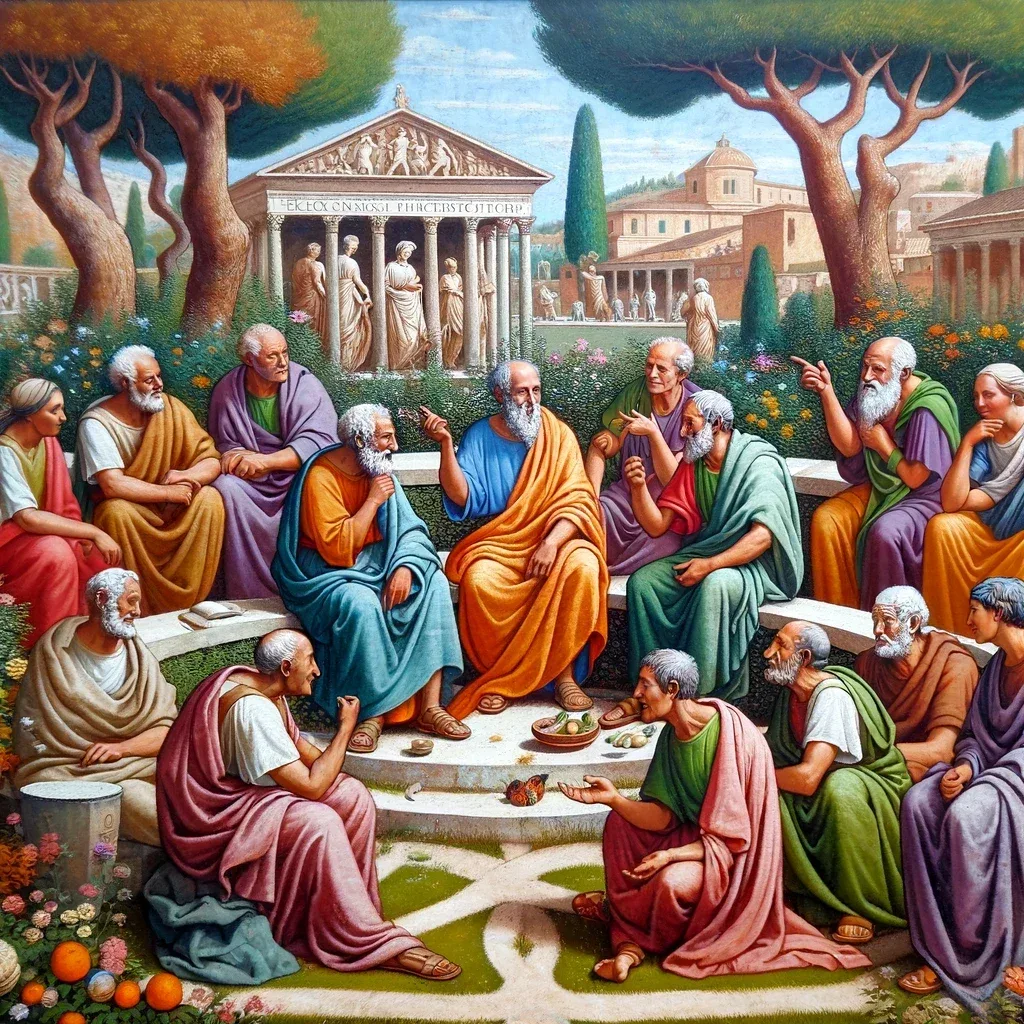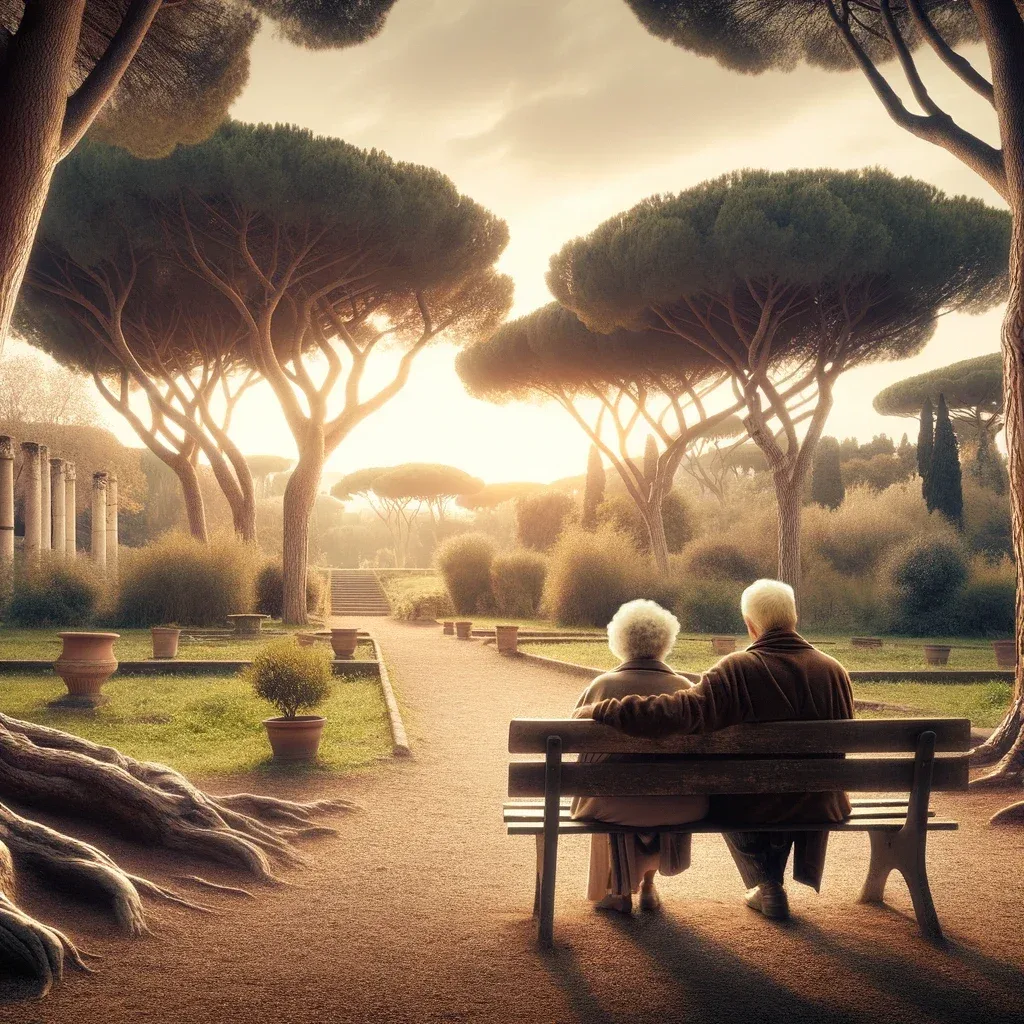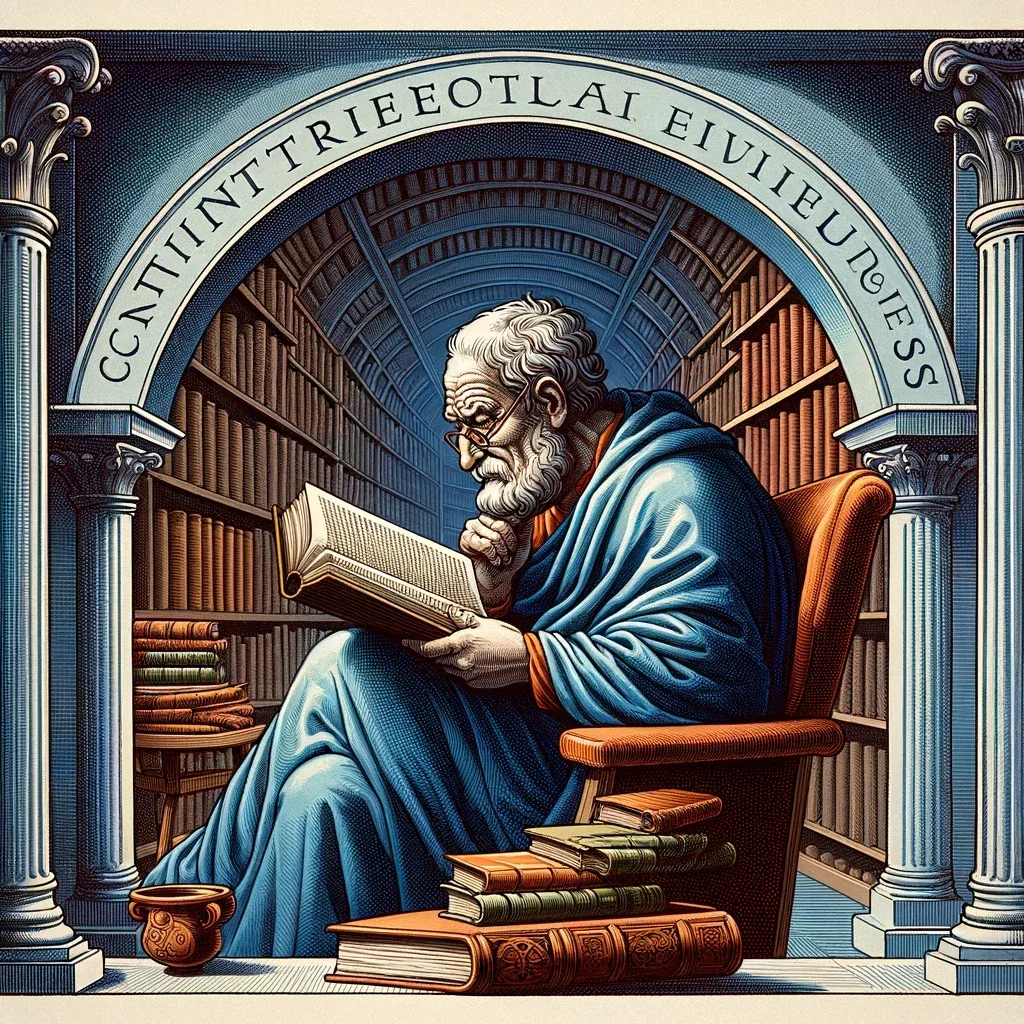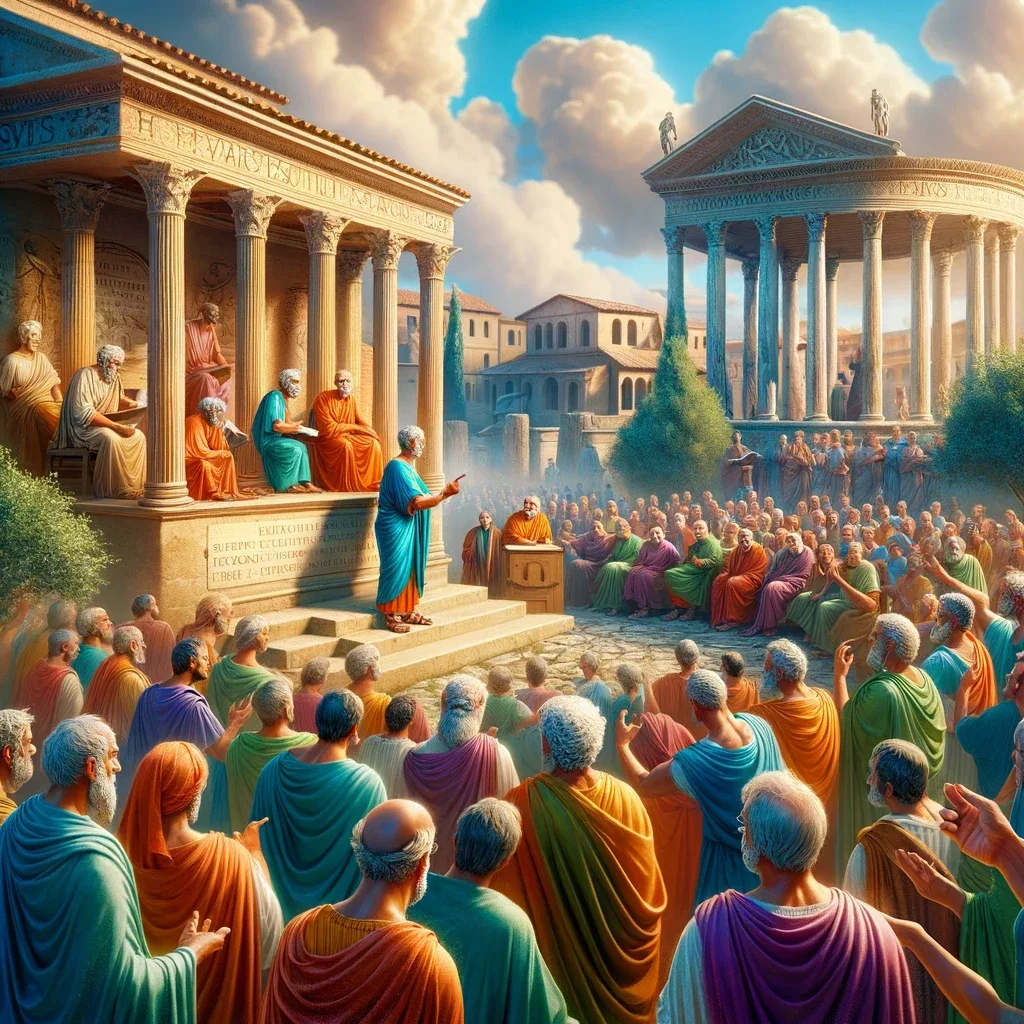Old age is often seen in a negative light, associated with decline and loss. However, the Roman philosopher Cicero offered a different perspective, valuing old age as a phase of wisdom, serenity and personal enrichment. This article analyzes Cicero's ideas about the benefits of old age, exploring how he transformed the perception of old age into something positive and aspirational.

The Wisdom of Old Age

Experience and Knowledge
Cicero believed that old age brought an accumulation of invaluable experience and knowledge. He saw older people as holders of wisdom, capable of offering guidance and advice based on a lifetime of learning.
Judgment and Perspective
For Cicero, old age brought improved judgment and a balanced perspective. He argued that older people are capable of making more considered and balanced decisions, free from the passions and impulses of youth.
Continuous Learning
Cicero also emphasized the importance of continuous learning. He believed that old age was an ideal time for education and intellectual enrichment, contradicting the idea that learning is only for the young.
Serenity in Old Age

Acceptance and Contentment
Cicero saw old age as a phase of acceptance and contentment. He suggested that the elderly tend to be more serene and satisfied, having overcome the concerns and anxieties characteristic of younger phases.
Distance from Passions
Another beneficial aspect of old age, according to Cicero, was the distance from the intense passions and desires that often disturb younger people. He valued the tranquility and emotional balance that came with age.
Appreciation of Simple Pleasures
Cicero also believed that old age allowed for a greater appreciation of life's simple pleasures. He encouraged older people to enjoy the small joys and comfort of established routines.
Social and Personal Contributions

Guidance and Mentoring
Old age, in Cicero's view, was conducive to offering guidance and mentoring to younger generations. He saw the elderly as figures of authority and respect, whose experiences could benefit all of society.
Community Involvement
Cicero emphasized the importance of community involvement in old age. He believed that older people had a crucial role to play in society, contributing their time, knowledge and experience.
Reflection and Self-knowledge
Old age was seen by Cicero as an ideal period for reflection and self-knowledge. He encouraged older people to engage in self-analysis and contemplation, seeing this as an opportunity for personal growth and understanding.
The Contemporary Relevance of Cicero's Ideas

Challenges of Modern Perception
Cicero's ideas about old age are especially relevant today, in an age where youth is often idealized. He reminds us that old age has its own value and dignity.
Inspiration for an Aging Society
With a rapidly aging global population, Cicero's views on old age can serve as inspiration for more positive and inclusive approaches towards the elderly.
Application in Public Policies
Cicero's ideas can also influence public policy, encouraging societies to value and integrate the elderly in ways that benefit everyone.
Conclusion
Cicero's perspectives on old age offer a refreshing and optimistic view, highlighting the benefits and opportunities this stage of life can offer. Contrary to the common perception of decline and loss, Cicero sees old age as a period of wisdom, serenity, and continued contribution. His ideas continue to challenge and inspire, suggesting that society as a whole benefits from valuing and respecting its older members.
Frequently Asked Questions about Cicero's View of Old Age
Below, we present a detailed FAQ that explores Cicero's ideas on old age, covering his insights, advice and the contemporary relevance of his theories.

1. What was Cicero's general view of old age?
2. How did Cicero believe that the elderly could contribute to society?
3. What was Cicero's approach to dealing with the challenges of old age?
4. How is Cicero's philosophy on old age relevant today?
5. Did Cicero address differences between female and male old age in his works?
6. Did Cicero offer specific advice for aging well?
7. How was old age seen in Roman society at the time of Cicero?
8. What are the main benefits of old age, according to Cicero?
9. Did Cicero relate old age to philosophy and continuous learning?
10. Did Cicero talk about physical health in old age?
This FAQ offers insights into how Cicero viewed old age in a positive and productive way, highlighting its relevance to the challenges and opportunities that old age presents in contemporary society.





